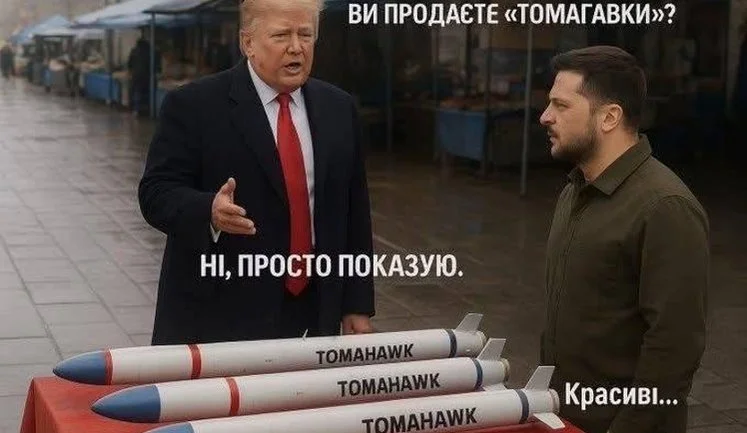Viktor Orbán, the Hungarian Prime Minister, consistently voices his critical stance on Ukraine's relations with the EU and the US. Recently, Orbán emphasized that Ukraine's possible accession to the European Union is not beneficial, contending that it would weaken rather than strengthen the bloc. His statements often highlight Hungary's vested interest in maintaining peace, yet he controversially suggests that Ukraine is overly reliant on EU aid and lacks sovereignty. Orbán's perspective places Hungary at odds with other EU members, such as Poland and Germany, especially concerning aid and sanction policies. This ongoing contention creates friction in diplomatic relations, calling for careful negotiation and diplomacy to navigate the geopolitical landscape effectively.
Why does Viktor Orban oppose Ukraine's accession to the EU?
Viktor Orban argues that Ukraine's accession to the EU would weaken the bloc rather than strengthen it. He believes that Ukraine's dependency on financial aid from the EU creates a lack of sovereignty, presenting this as a primary reason for his opposition. Additionally, Orban suggests that the geopolitical challenges surrounding Ukraine could bring instability to the EU.
How has Viktor Orban's stance on Ukraine affected Hungary's international relations?
Orban's stance on Ukraine has led to tensions with countries such as Poland, Germany, and other EU member states that support Ukraine's EU membership and aid. His opposition to sanctions against Russia and his critical remarks about EU policies have frequently put Hungary at odds with its allies, challenging diplomatic relations within the European Union.
What are Viktor Orban's views on the EU's aid to Ukraine?
Viktor Orban is critical of the EU's aid to Ukraine, expressing that it fosters dependency rather than empowerment. He argues that such aid compromises Ukraine's sovereignty and burdens the EU's resources, suggesting that the bloc should re-evaluate its financial support strategy to Ukraine.
Has Viktor Orban proposed any alternatives to Ukraine's EU membership?
Yes, Viktor Orban has proposed that Ukraine should remain a "buffer state" and engage in strategic cooperation with the EU, rather than full membership. He believes this approach would prevent the EU from becoming directly entangled in the ongoing conflict and provide a more stable solution to the geopolitical tensions.
What is Viktor Orban's position on US sanctions against Russia?
Orban has a nuanced position on US sanctions against Russia. He criticizes these sanctions, arguing that they are harmful to Hungary's interests due to its reliance on Russian energy supplies. Orban has sought exemptions for Hungary to continue receiving Russian oil, citing economic necessities for maintaining these energy imports.














































